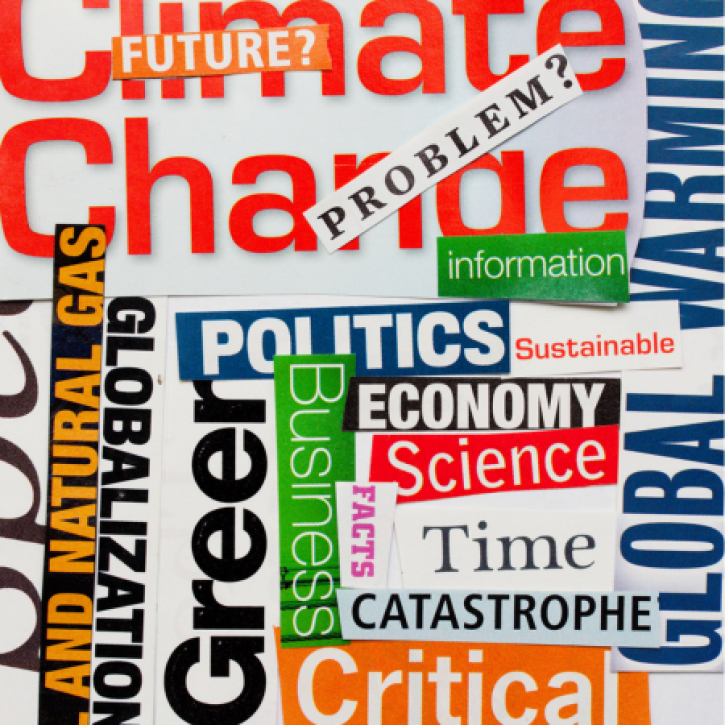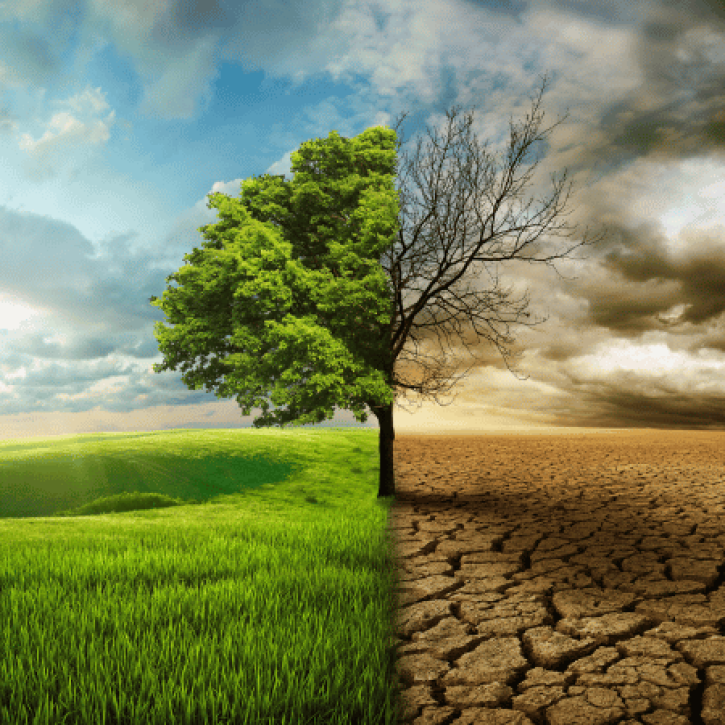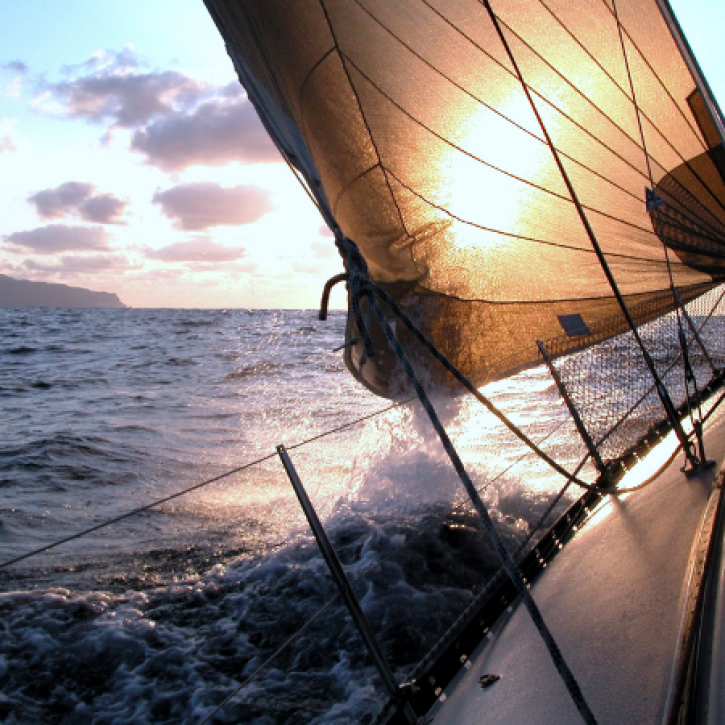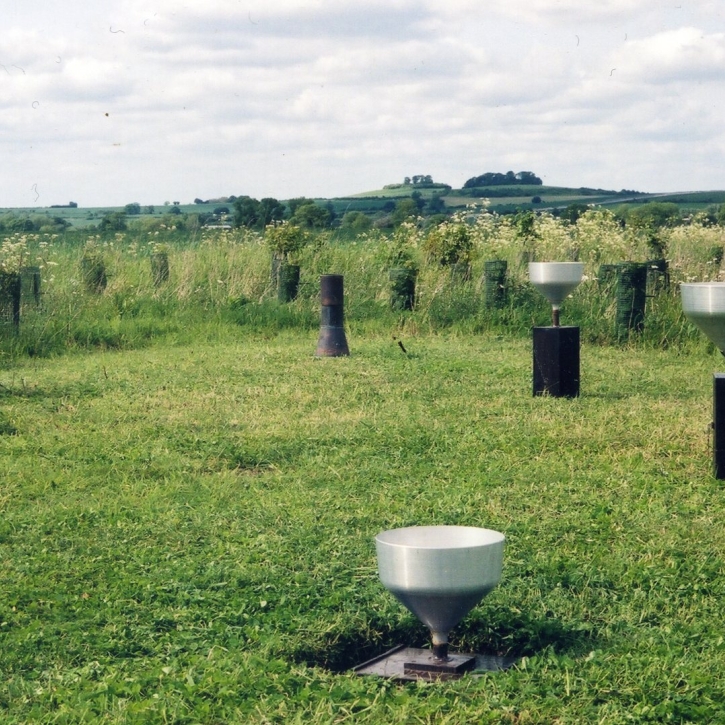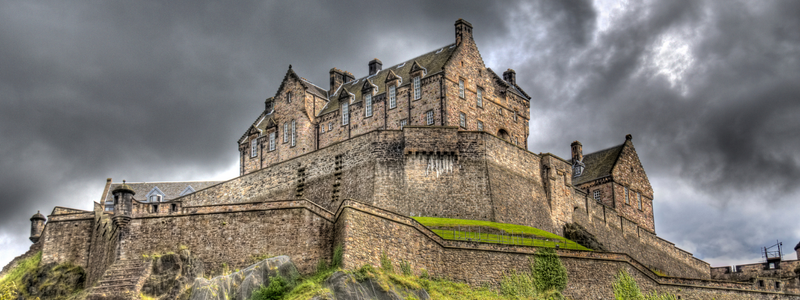

The Impact of an Extreme Cloud Burst on Edinburgh Castle and How Important were Human Influences
LOCATION
Edinburgh castle is a site of outstanding heritage and dominates the skyline of central Edinburgh. On the 4th of July 2021 an extreme cloud burst impacted it. The castle contains some unique artefacts and several buildings; the oldest of which was built in the 12th century. To determine the impact of the cloud burst on the castle, in February 2022 a rapid impact study was undertaken by interviewing ten Historic Environment Scotland staff responsible for Edinburgh Castle. The damage and losses were categorized including impacts on the site operations such as income, maintenance costs, staff working hours, external contractors and staff and visitors’ health and safety. Some flooding occurred to rooms where historical collections were on display. Using a combination of radar rainfall and data from convective permitting models the risk of the event and the role of human influences in it were estimated. The event was, in the current climate, between a one-in-a-hundred and a one-in-a-thousand year event. Human influences have increased this risk by about 30%, and 2K of global warming could increase risk, relative to today, by another 40%.
This was a 45 minute talk followed by 15 minutes for Q&A. The meeting opened from 5:50 pm for attendees to join and the event started promptly at 6 pm.
Speaker
Prof. Simon Tett, University of Edinburgh
My current research interests are :
- To explore to what extent extreme events (precipitation, temperature and wind) have been affected by human influences and aim to understand and quantify the natural and human forced contributions to observed climate change
- To examine the potential impacts of climate change on society by collaborating with others and use results to inform adaptation decisions.
- To develop and apply methods that generate climate model configurations that are consistent with observations and to see how much that constrains future climate change.
My PhD, in Edinburgh and in conjunction with the Met Office, performed pioneering work to use parallel computers for Atmospheric Modelling. After my PhD, I joined the Met Office‘s Hadley Centre where I was one of the first climate scientists to systematically compare climate models results with observations. I then pioneered much of the early Met Office work on detection and attribution.
In 2001 I shifted direction to lead a group of researchers working on climate observations, where I focussed on developing rigorous estimates of uncertainty. I became Professor of Earth System Dynamics at the University of Edinburgh in 2007. I worked with many others (and amongst other topics) compared simulated and observed satellite radiances and evaluated land surface model’s Carbon cycle. I then broadened my interest to include the impacts of climate change and recently have worked with social scientists to better understand how climate change impacts society. I have considered attribution of extreme events through running successful workshops with Chinese and Brazilian Scientists. Much of my work has combined very large data sets with in-depth statistical analysis of climate model output.
Registration
REGISTRATION IS NOW CLOSED
Edinburgh castle is a site of outstanding heritage and dominates the skyline of central Edinburgh. On the 4th of July 2021 an extreme cloud burst impacted it. The castle contains some unique artefacts and several buildings; the oldest of which was built in the 12th century. To determine the impact of the cloud burst on the castle, in February 2022 a rapid impact study was undertaken by interviewing ten Historic Environment Scotland staff responsible for Edinburgh Castle. The damage and losses were categorized including impacts on the site operations such as income, maintenance costs, staff working hours, external contractors and staff and visitors’ health and safety. Some flooding occurred to rooms where historical collections were on display. Using a combination of radar rainfall and data from convective permitting models the risk of the event and the role of human influences in it were estimated. The event was, in the current climate, between a one-in-a-hundred and a one-in-a-thousand year event. Human influences have increased this risk by about 30%, and 2K of global warming could increase risk, relative to today, by another 40%.
This was a 45 minute talk followed by 15 minutes for Q&A. The meeting opened from 5:50 pm for attendees to join and the event started promptly at 6 pm.
Speaker
Prof. Simon Tett, University of Edinburgh
My current research interests are :
- To explore to what extent extreme events (precipitation, temperature and wind) have been affected by human influences and aim to understand and quantify the natural and human forced contributions to observed climate change
- To examine the potential impacts of climate change on society by collaborating with others and use results to inform adaptation decisions.
- To develop and apply methods that generate climate model configurations that are consistent with observations and to see how much that constrains future climate change.
My PhD, in Edinburgh and in conjunction with the Met Office, performed pioneering work to use parallel computers for Atmospheric Modelling. After my PhD, I joined the Met Office‘s Hadley Centre where I was one of the first climate scientists to systematically compare climate models results with observations. I then pioneered much of the early Met Office work on detection and attribution.
In 2001 I shifted direction to lead a group of researchers working on climate observations, where I focussed on developing rigorous estimates of uncertainty. I became Professor of Earth System Dynamics at the University of Edinburgh in 2007. I worked with many others (and amongst other topics) compared simulated and observed satellite radiances and evaluated land surface model’s Carbon cycle. I then broadened my interest to include the impacts of climate change and recently have worked with social scientists to better understand how climate change impacts society. I have considered attribution of extreme events through running successful workshops with Chinese and Brazilian Scientists. Much of my work has combined very large data sets with in-depth statistical analysis of climate model output.
Registration
REGISTRATION IS NOW CLOSED


